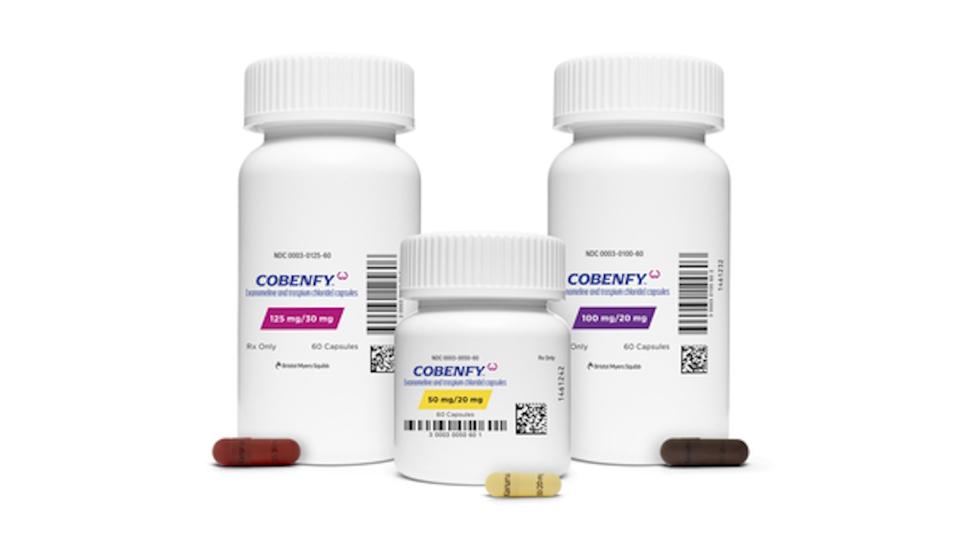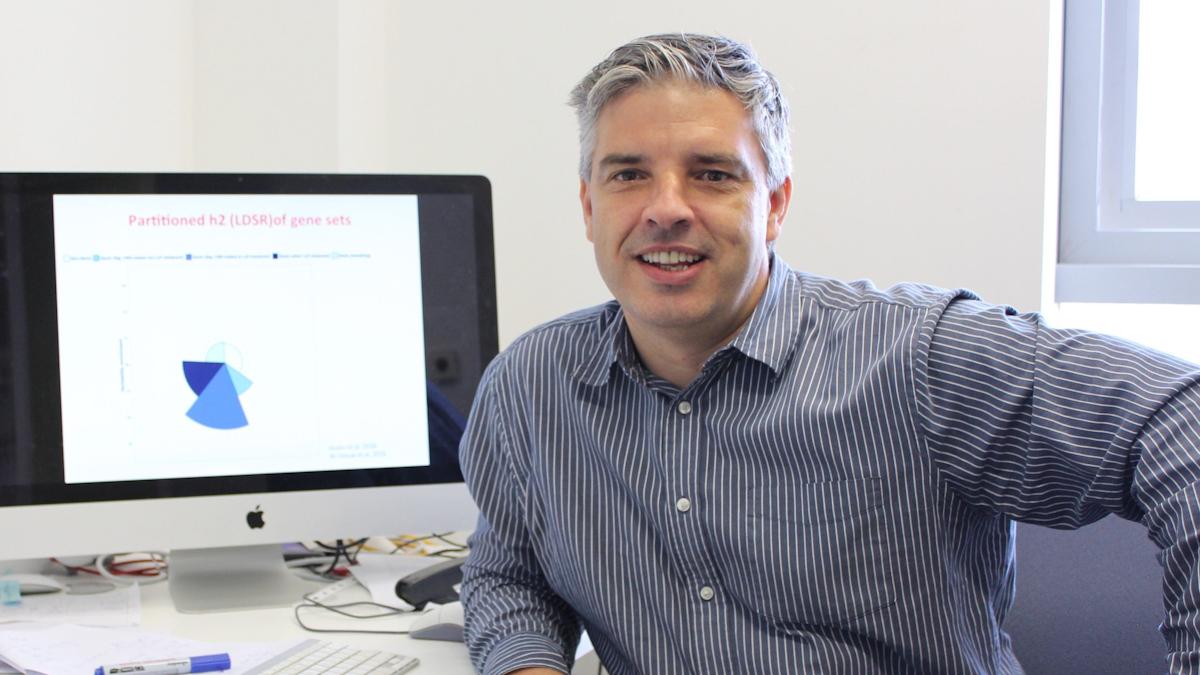BMS ends decades-long drought in novel schizophrenia drugs

Bristol-Myers Squibb's $14 billion bet on buying Karuna Therapeutics looks set to pay off after it got FDA approval for the schizophrenia drug at the heart of the deal.
The US regulator has cleared the combination of muscarinic M1 and M4 agonist xanomeline tartrate and muscarinic antagonist trospium chloride – formerly known as KarXT – under the Cobenfy brand name for the treatment of schizophrenia in adults.
For around 70 years, the treatment of schizophrenia has relied almost entirely on drugs that block dopamine receptors, so Cobenfy's action on cholinergic receptors offers a brand new way to treat the disorder, which affects nearly 24 million people worldwide, including 2.8 million people in the US alone.
The drug could help tackle symptoms of schizophrenia without causing side effects common with dopamine-acting drugs like olanzapine and risperidone, such as weight gain, movement disorders (tardive dyskinesia), and sedation, which can lead to people with schizophrenia rejecting treatment.
In contrast, Cobenfy's side effects – typically gastrointestinal reactions like nausea, vomiting, and constipation – tend to be mild and easily treatable with other drugs.
Analysts have predicted blockbuster sales for Cobenfy, due to its side-effect profile, as well as its potential to broadly target the symptoms of schizophrenia, that is to say both positive (delusions and hallucination) and negative (social withdrawal and apathy) symptoms.
BMS said it will launch Cobenfy within the next few weeks and has set a price of $1,850 per month for the medicine, which is considerably more than the current, largely generic array of antipsychotic therapies.
Chief executive Chris Boerber described the FDA approval as an "important milestone" that marks BMS' return to the field of neuropsychiatry. "We are dedicated to changing the conversation around serious mental illness, beginning with today's approval in schizophrenia," he remarked.
Cobenfy is also in phase 3 clinical testing as an add-on to existing drugs for schizophrenia and the treatment of psychosis in patients with Alzheimer's disease and in phase 2 for bipolar disorder, and BMS has predicted "multibillion-dollar" sales potential if it gets approved for additional indications.
BMS swooped on Karuna towards the end of last year, shortly after AbbVie agreed an $8.7 billion deal to acquire Cerevel Therapeutics, another company developing a schizophrenia drug with a novel mechanism of action.
Emraclidine (formerly CVL-231) is a selective muscarinic M4 receptor-positive allosteric modulator (PAM) currently in two phase 2 studies. It offers once-daily dosing, versus twice-daily with BMS' drug and, according to some assessments, could be less prone to cause GI side effects.
Other therapies hoping to provide a new way to treat schizophrenia include Boehringer Ingelheim's selective glycine transporter 1 inhibitor iclepertin in phase 3, Newron Pharma's sodium channel blocker evenamide, which had encouraging phase 2/3 data earlier this year, and Neurocrine Biosciences/Nxera Pharma's muscarinic M4 agonist NBI-1117568, which recently cleared a phase 2 study.
Another hopeful, Otsuka's TAAR1 agonist ulotaront, failed phase 3 testing earlier this year, prompting development partner Sumitomo to return rights to the drug. And Cobenfy's approval comes after two other recent setbacks in the late-stage schizophrenia pipeline; namely, the FDA’s rejection of Minerva Neurosciences’ application for roluperidone and Acadia Pharma’s decision to abandon pimavanserin after a failed phase 3 trial.












